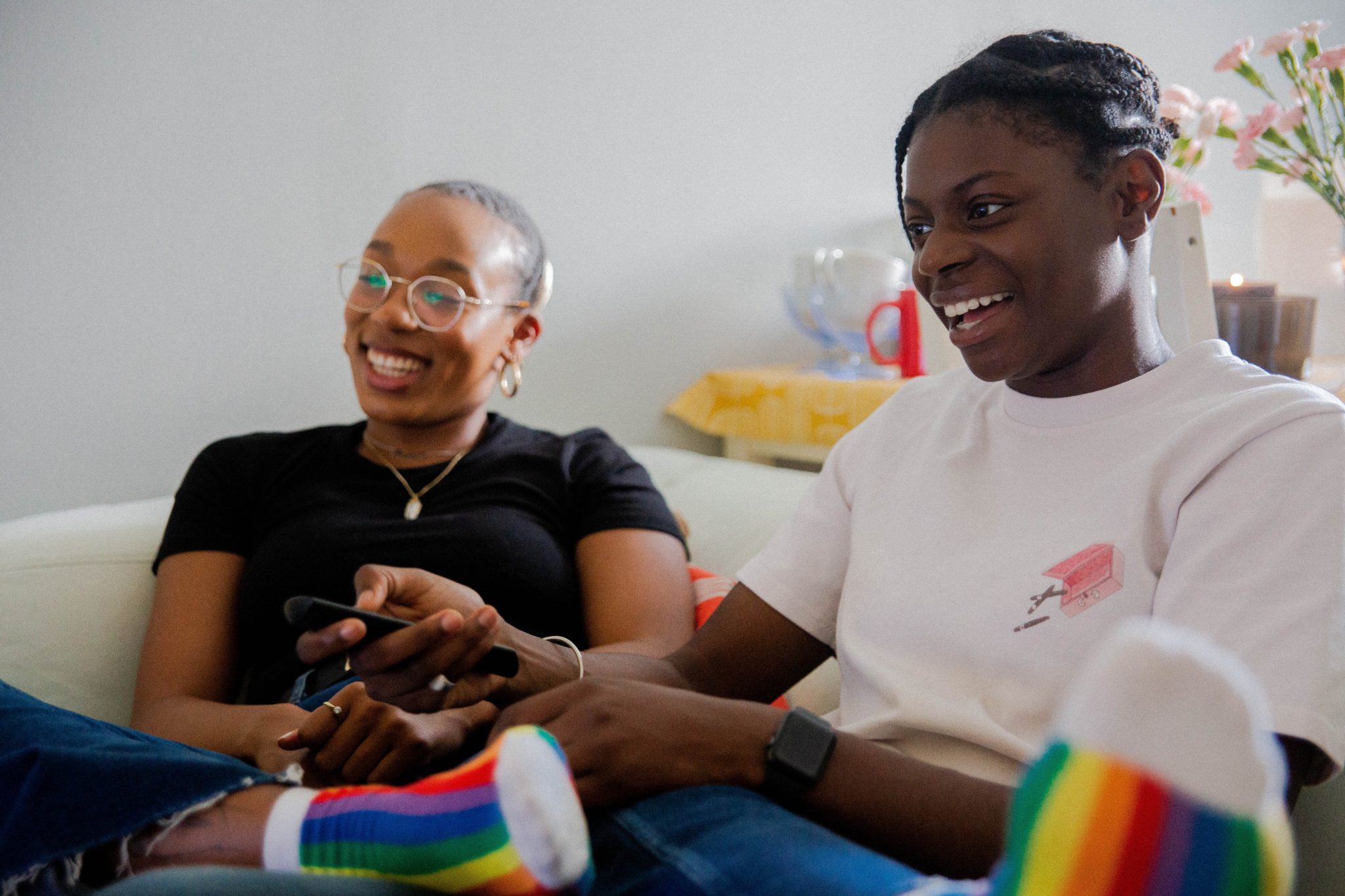Alcohol Abuse and the LGBTQ Community
Alcohol problems are common in the United States, with 14.5 million people reporting having an alcohol use disorder in 2019.
While people from all walks of life may experience alcohol-related problems, the LGBTQ community is at especially high risk. Members of this community face unique obstacles, including higher rates of mental health issues, stigma, and discrimination. And these factors can all play a part in addiction later on.
Beyond that, LGBTQ community members may also have more difficulty finding compassionate treatment options to help them recover.
Below, learn about the statistics around alcohol and substance abuse in the LGBTQ community, common barriers to traditional treatment, and better alternatives for getting help.
LGBTQ Alcohol Use and Addiction Statistics

Research shows a clear disparity in rates of addiction between members of the LGBTQ community and those who identify as heterosexual and cisgender. According to current estimates, between 20 and 30 percent of LGBTQ people struggle with substances, compared with nine percent of the population as a whole(.
Studies on the LGBTQ community and alcoholism remain somewhat sparse. But a review of data from the 2015 National Survey on Drug Use and Health found that people who identified as lesbian, gay, or bisexual were more likely to be current alcohol users or binge drinkers in the last month. One in 10 people in this group had past-year alcohol use disorder, compared to one in 16 heterosexual-identifying people.
The trans and nonbinary communities also show elevated rates of substance abuse, often linked to trauma. In one study, experiencing abuse related to their gender expression was shown to triple or even quadruple the chances of alcohol, marijuana, or cocaine use among transwomen.
Why Is Addiction More Common in the LGBTQ Community?
There are several reasons for LGBTQ alcoholism and addiction—one being that this community experiences significant amounts of discrimination and stigma.
According to a 2019 study in Health Services Research, LGBTQ adults face high rates of interpersonal discrimination. This includes slurs, microaggressions, violence, sexual harassment, and harassment around bathroom use. They may also face discrimination in other areas, such as:
- Applying for jobs
- Seeking healthcare
- Voting
- Legal proceedings
With all this in mind, it’s easy to see why more people in the LGBTQ community may turn to alcohol and other substances to try to feel better—even if just for a short while. Being a part of this community means you may face more struggles than a person who identifies as heterosexual and cisgender.
Mental Health and Addiction in the LGBTQ Community

Beyond discrimination, the LGBTQ community also experiences more mental health issues than the general public. And past trauma, anxiety, and depression often go hand-in-hand with addiction.
According to The Trevor Project’s National Survey of LGBTQ Youth Mental Health:
- 40 percent of respondents said they seriously considered suicide in the past twelve months. That number was especially high (over 50 percent) for transgender and nonbinary participants.
- 68 percent of respondents reported experiencing symptoms of generalized anxiety disorder in the past two weeks, with that number being more than 75 percent for transgender and nonbinary youth.
Those in the LGBTQ community are also more likely to experience violence and struggle with PTSD in their lifetime. These higher rates of mental health issues are likely a major contributor to LGBTQ alcoholism and substance abuse.
Barriers to Treatment in the LGBTQ Community
As discussed above, the LGBTQ community experiences higher rates of discrimination in many areas of life—even in healthcare.
Unfortunately, discrimination can leave this community underserved when it comes to their mental health needs, including substance abuse treatment.
Discrimination in Healthcare

According to a 2017 survey, eight percent of LGBTQ individuals have experienced a healthcare provider refusing to see them because of their sexual orientation. Nine percent reported that a healthcare provider had used abusive or harsh language towards them. And seven percent said their healthcare provider had refused to acknowledge their families, such as their partner or child.
Due to discrimination, addiction recovery treatment may be less accessible for the LGBTQ community compared to people who identify as heterosexual and cisgender.
All things considered, LGBTQ community members with alcoholism or substance use disorders often face more obstacles when seeking healthcare. And these roadblocks can make recovery that much more difficult.
Telemedicine as a Way Forward
Finding the right alcohol treatment option as a member of the LGBTQ community is challenging. Fortunately, modern telemedicine can provide access to better alternatives, no matter where you are.
Getting help online offers greater privacy and reduced stigma, which can alleviate some pressure on people who have experienced discrimination. When considering online options, keep an eye out for compassionate and understanding treatment providers. Additionally, look for alcohol recovery programs that employ coaches and counselors with experience serving the LGBTQ community.
Ria Health is one online alcohol treatment option that offers compassionate, non-judgemental support to anyone who wants to change their relationship with alcohol. Our program gives you access to personal coaching sessions, expert medical counseling, digital tools, and support groups—all from your smartphone. Best of all, we customize treatment to your unique needs, allowing you to set goals that work for you.
Learn more about how it works or schedule a call with us today.
Will insurance cover treatment? Verify Coverage
Have Questions? Call (800) 504-5360



